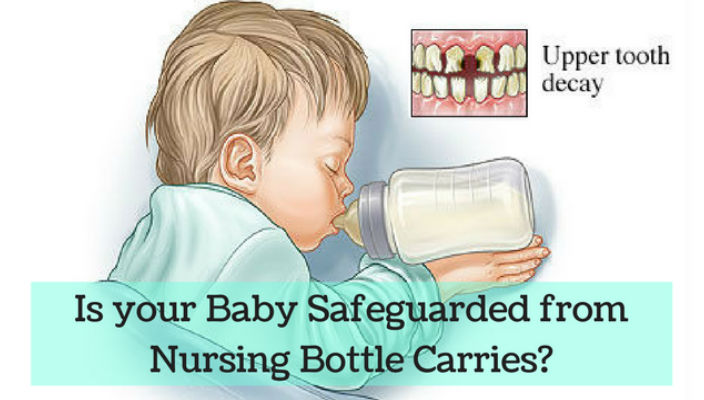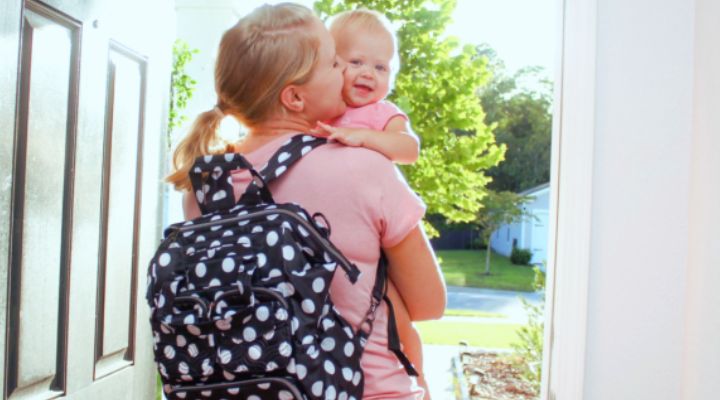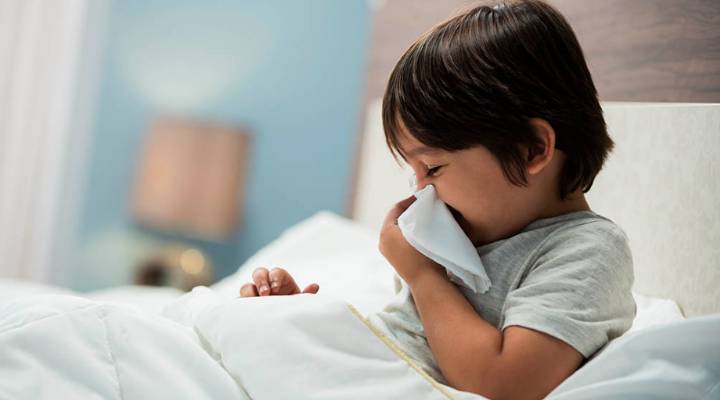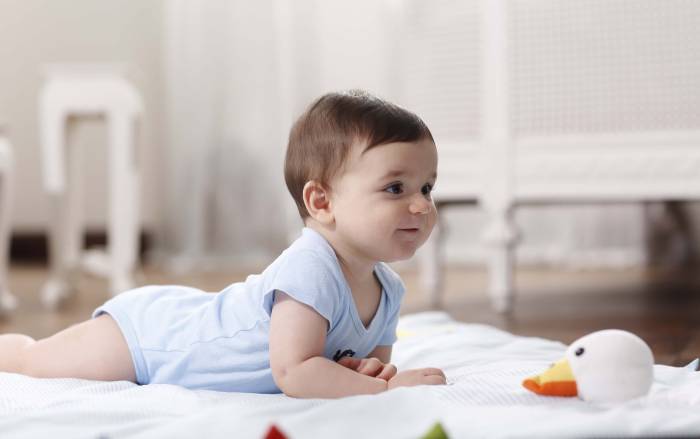Is your Baby Safeguarded from Nursing Bottle Carries?


As a mother of an infant, I try my best to read up and consume almost the entire gamut of information available in books, magazines and internet about child care. Being an educationist adds to my knowledge about babies and young children since I get to interact with very many of them along with their wonderful parents who offer me an ocean of advice on things of significance.
So, while I have been advised on baby handling, baby-wearing, weaning methodologies to the most suitable toys, baby brands, vaccination schedules and what not, it took me by surprise when I realized that nobody ever talked about the need of maintaining dental hygiene in babies.
Being a dentist’s wife, I was apprised of the need of ensuring dental hygiene among babies which if neglected, may result in life-threatening infections. One of the most common problems of tooth decay in babies is Early Childhood Caries which is more popularly known as Nursing Bottle Caries.
Dentists across the globe have waxed eloquent about the need to introduce healthy dental habits among babies. You may be surprise to know that tooth decay may set in with the onset of the very first tooth.
What Causes Nursing Bottle Caries?
When a baby’s teeth are exposed to any form of liquid or food other than water for a long duration, the natural or added sugars present in baby food get converted to acid in the mouth. This acid then, dissolves or damages the outer part of the baby’s teeth.
Milk, formula, fruit juices and other sweetened liquids are the root cause of this problem. The bacteria in plaque (an invisible covering if bacteria and by-products present on the teeth) utilize the sugars present in these liquids as a potent source of energy.
Doctors often attribute an imbalance of multiple risk and protective factors as the primary cause of Nursing Bottle Caries. It is found to be more common in children who are usually put to bed with a bottle, or are presented with a bottle as a pacifier during their fussy moments.
How can Mothers or Parent-Givers Prevent Nursing Bottle Caries?
- Never share baby’s feeding spoons or licking pacifiers with anyone.
- After each feeding, make sure you wipe baby’s gums with a damp washcloth.
- Do not give juice, soft drinks, or other sweetened liquids in feeding bottles. Restricted bottle use only to milk or formula.
- Encourage your child to drink from a cup by his/her first birthday.
- Never dip a baby’s pacifier in sugar or honey.
- Start scheduling visits to a dentist after your baby turns one year.
- Make sure your baby gets enriched with fluoride, much needed for decay-resistant teeth.
- Consult your dentist for appropriate fluoride supplements.
- Give the baby some water each time you feed him with milk or sugary products.
- Intentionally decrease the baby’s consumption of sugar especially, in between meals.
Why is It Important to Treat Nursing Bottle Caries?
Leaving Early Childhood Caries untreated can be very dangerous. It may result in severe pain or infection. Parents must take utmost precautions to ensure that babies remain shielded against its manifestations in any form such as crooked teeth, poor eating habits, speech related problems, etc.
So, what are you waiting for SuperMoms? Invest in healthy dental habits among your babies from the onset to enjoy a worry-free journey ahead! 🙂







